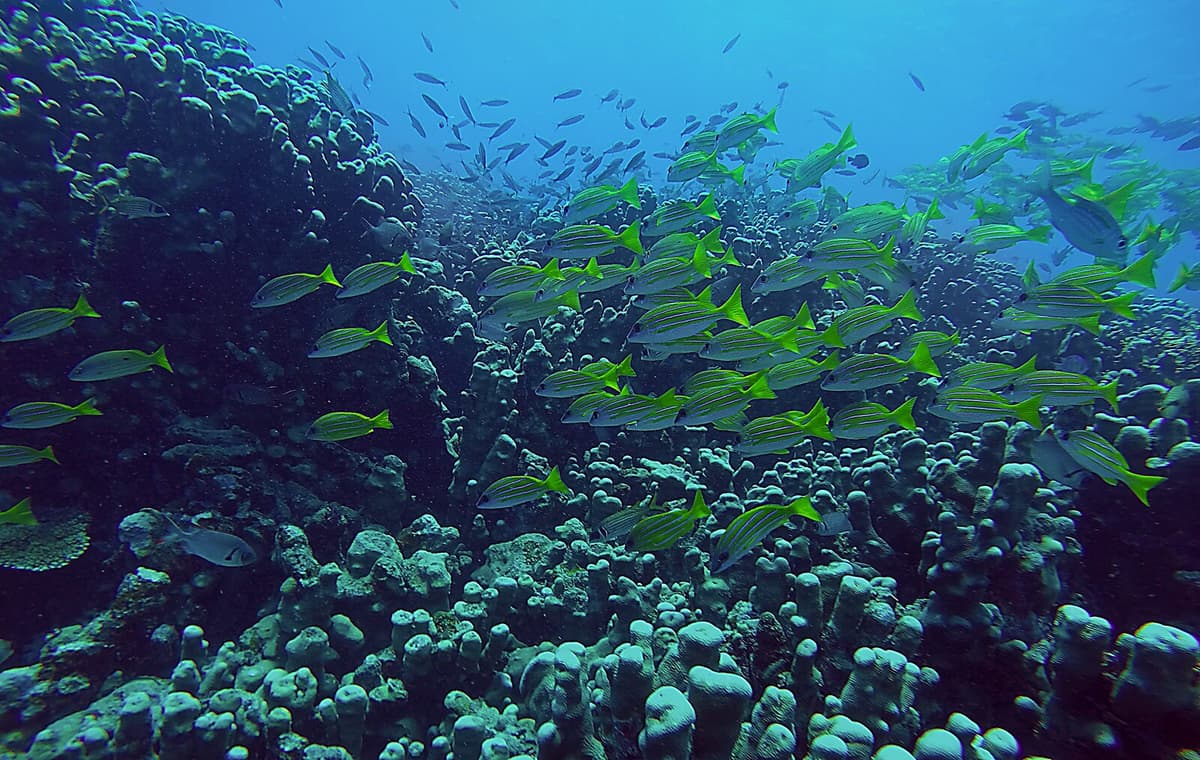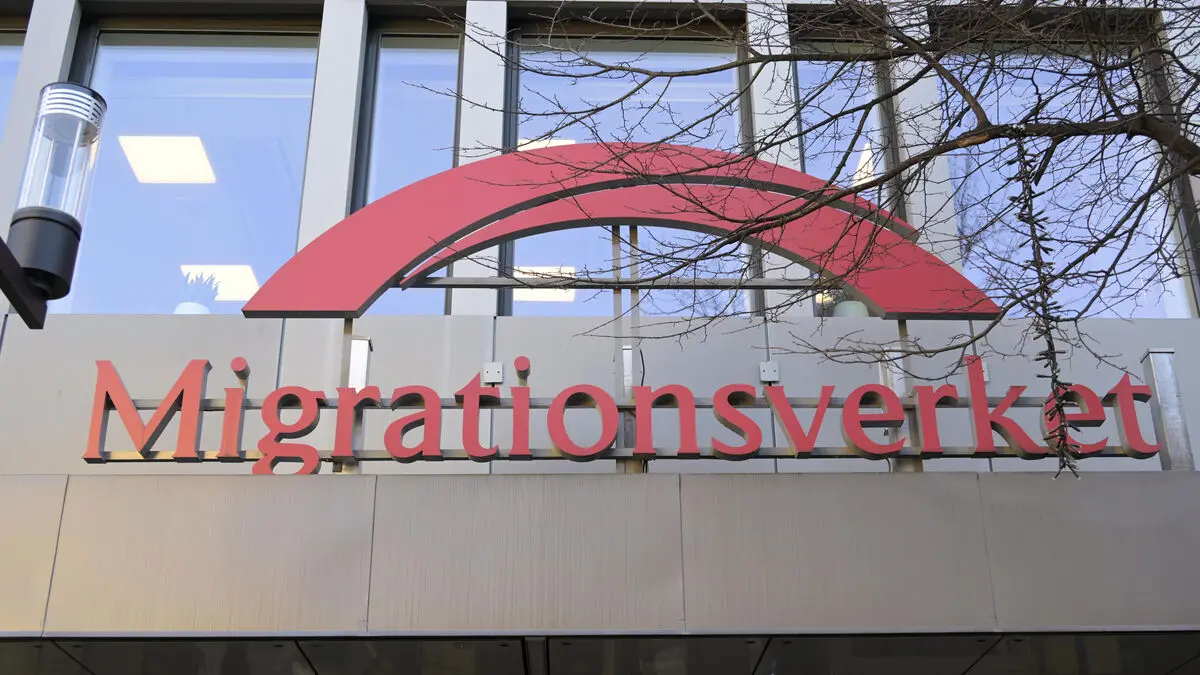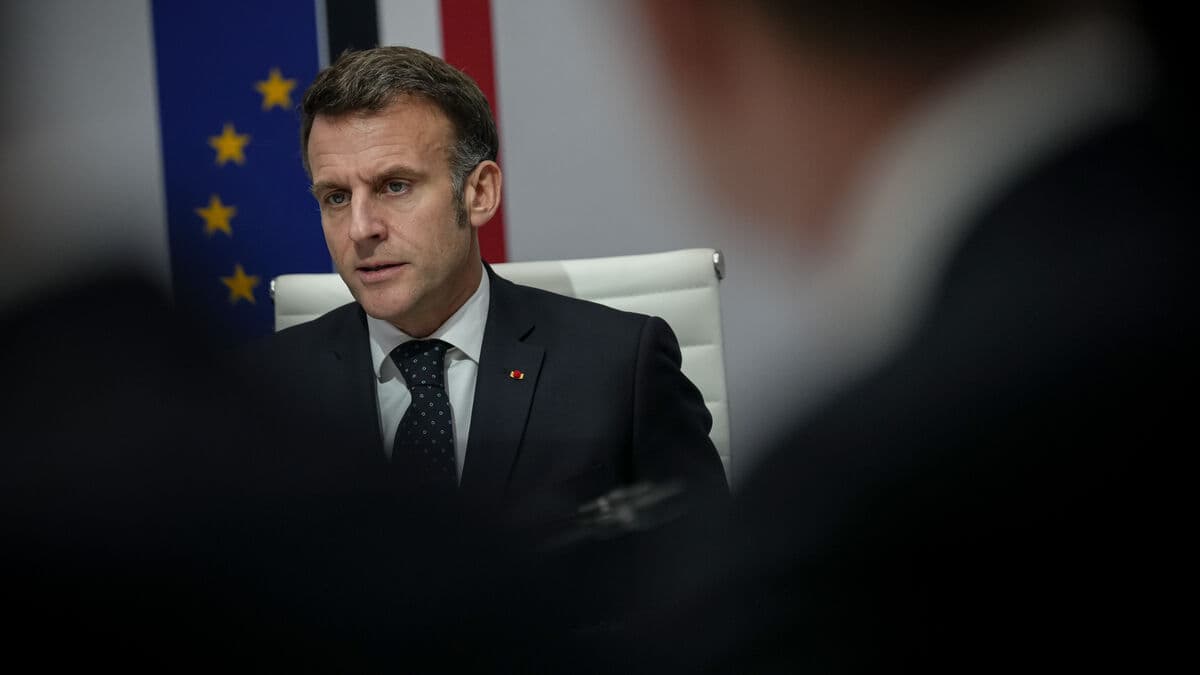Fall 2023, 136 countries signed an agreement to protect the deep sea. For it to come into force, 60 countries must ratify it, i.e. formally commit to the agreement.
There were hopes that the number would be reached when the UN held its ocean conference in Nice, France, last week. But the number of countries appears to be stuck at 50, after around 20 countries, including Belgium, Albania, Finland, Norway and Denmark, joined before or during the conference.
It's both a success and a small disappointment that we don't have 60 signatures, says Sara Fröcklin, expert on the sea and fishing at the Swedish Society for Nature Conservation.
“Working very hard”
Sweden is one of the countries that have not yet ratified the agreement. The government has commissioned a comprehensive investigation of almost 500 pages, which among other things concluded that a new law is needed. The investigation is out for consultation and Minister for the Environment Romina Pourmokhtari (The Liberals) hopes that Sweden can introduce the law next year.
“We are working very hard to be able to ratify as soon as possible. In Sweden, we must first legislate and then ratify, other countries have a different order and therefore can ratify before their legislation is in place,” she says in a written comment.
But Sara Fröcklin does not agree.
We don't think the government has done its homework and prepared this process in good time. They could have started much earlier. Other issues have been given priority, she says.
“Too weak”
Fröcklin is divided about the outcome of the ocean conference, but says she is hopeful that the week has given the sea attention and raised important issues.
But given the acute crisis, the measures discussed are still too few and too weak, she says.
Karina Barquet at the Stockholm Environment Institute (SEI) highlights that work on a plastic agreement is continuing, but that it seems to be more focus on consumption and recycling rather than producer responsibility.
France also proposed a ban on seabed mining, which received broad support. At the same time, Karina Barquet thinks that the private sector's commitments are too weak.
So it's a bit mixed. It's good, but it's not enough, she says.
Sweden and Fiji were the initiators of the first ocean conference held in New York in 2017.
The first one where governments, business, organizations and researchers from all over the world came together to take hold of the problems that threaten the world's oceans.
In 2023, more than a hundred countries agreed on an agreement to increase protection for biological diversity in the oceans that do not belong to any state. The so-called BBNJ agreement (Biodiversity beyond national jurisdiction) was created to limit environmental impact on the oceans and make it possible to create protected marine areas. 95 percent of the global ocean volume consists of these oceans.
The agreement has been ratified by 50 countries. It will come into force 120 days after at least 60 countries have ratified it.






